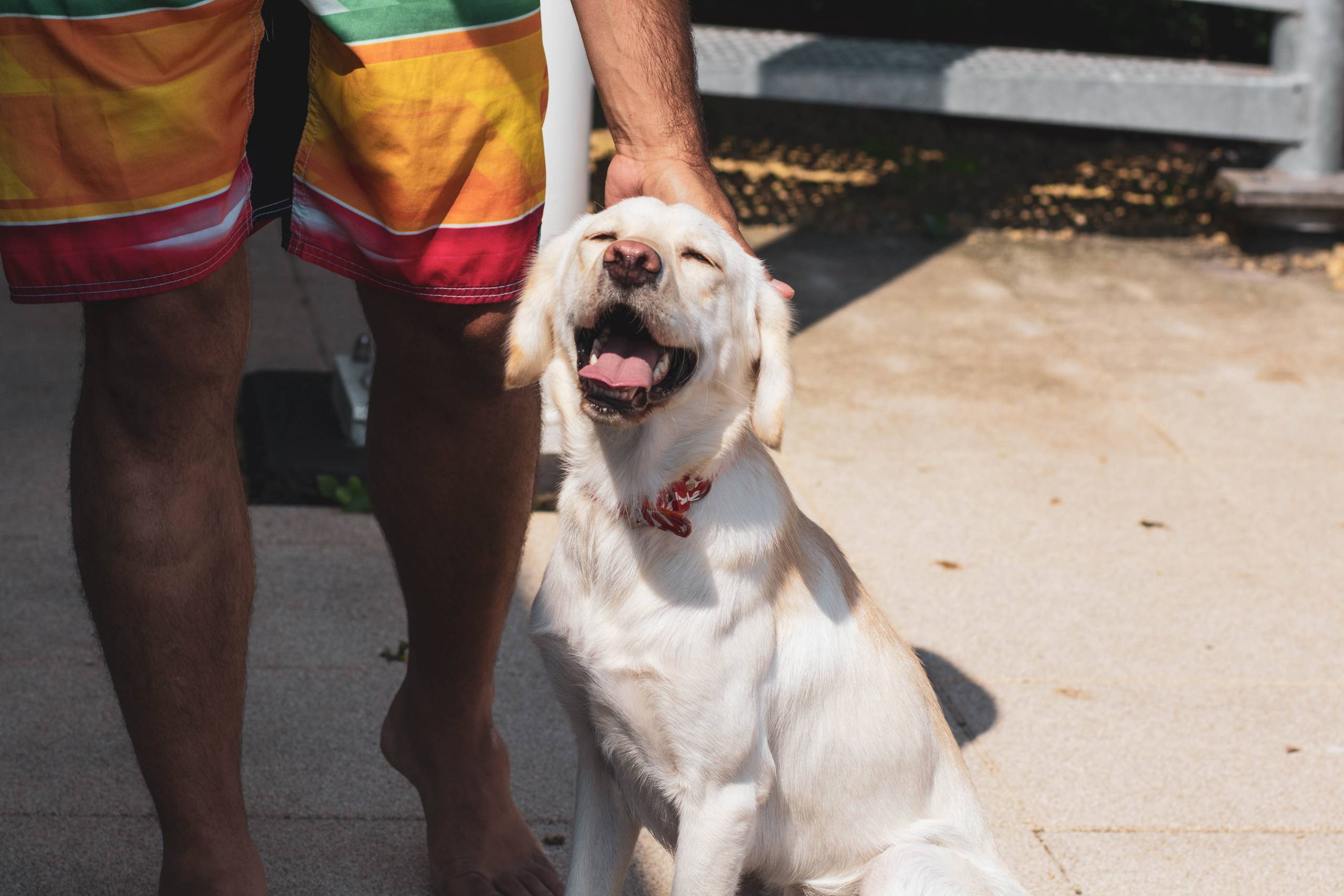Peanut butter is a favorite treat for many dogs, thanks to its rich flavor and creamy texture. However, not all peanut butter is suitable for our furry friends. It’s important to know which types are safe and healthy for dogs.
Ingredients to Look For
The best peanut butter for dogs contains only peanuts or peanuts with a small amount of salt. Simplicity is key; the fewer the ingredients, the better. Many brands add sugar, oils, or artificial sweeteners, which can be harmful. Always avoid peanut butter that includes xylitol—a sugar substitute that is highly toxic to dogs. Even a small amount can trigger a rapid insulin release, leading to severe health issues.
Natural peanut butter, made solely from peanuts and perhaps a pinch of salt, is the ideal choice. Look for options labeled “natural” or “organic,” as these are generally free from harmful additives.
Flavored Peanut Butter Caution
While flavored peanut butters, such as those with honey or banana, may sound appealing, they often contain added sugars or other unsuitable ingredients. Sticking to plain peanut butter minimizes any health risks.
Moderation is Key
Peanut butter is calorie-dense, making moderation crucial. A small dollop serves as an excellent treat. For training, smear a bit of peanut butter on a toy or use it to fill a treat-dispensing puzzle, turning treat time into a fun activity.
Health Considerations
If your dog has a history of pancreatitis, consult with your veterinarian before adding peanut butter to their diet, as the high-fat content can pose challenges. Dogs with food allergies, especially to peanuts, should completely avoid peanut butter.
Prioritize quality when selecting peanut butter. Some brands use roasted peanuts processed with unhealthy oils or additives. Avoid products with hydrogenated oils, as these can contribute to obesity and other health problems.
Medication Helper
Peanut butter can also assist with administering medication. If your dog is hesitant to take pills, hiding medication in a small amount of peanut butter can be effective. Just remember to account for the calories in your dog’s overall diet.
Monitor for Reactions
After giving your dog peanut butter for the first time, observe their reaction. While most dogs enjoy it without problems, some may have sensitivities. Watch for signs of adverse reactions, such as vomiting, diarrhea, or allergic symptoms like itching or swelling. If any concerning symptoms arise, discontinue peanut butter and consult your veterinarian.
Homemade Treats
For those interested in making peanut butter treats at home, countless simple recipes are available. Using natural peanut butter as a base, you can create dog-friendly cookies with oats, pumpkin, or mashed bananas. Making treats at home allows you to control the ingredients, ensuring a safe and healthy snack.
Enjoying Peanut Butter Responsibly
Incorporating peanut butter into your dog’s diet can provide a delightful experience. Choosing the right type, monitoring portion sizes, and being mindful of any health issues are essential steps. A little peanut butter can bring joy to your dog, but prioritizing their health and safety is paramount.
With informed choices, peanut butter can be a fantastic treat that fosters a bond with your pet. Watching your dog’s excitement when receiving a special snack is rewarding for any dog owner. Providing wholesome and safe treats is a wonderful way to show your love and care.



